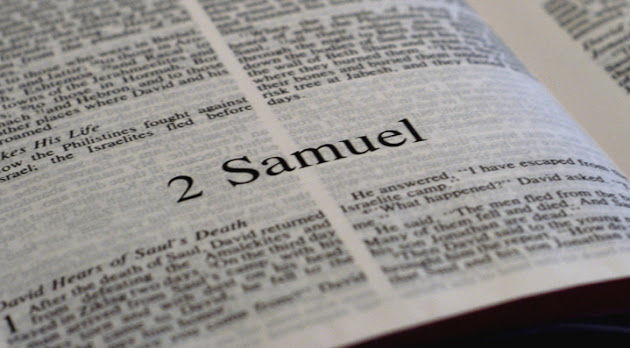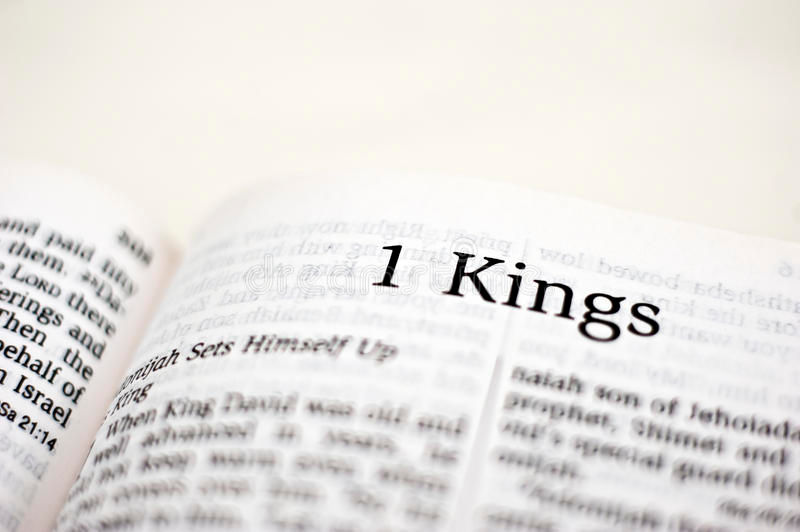2 Samuel Summary: Rise, Ruin, and Redemption in the Life of David
- Bible Believing Christian

- Aug 7, 2025
- 5 min read

2 Samuel Summary: Rise, Ruin, and Redemption in the Life of David
Intro for Beginners
If 1 Samuel is about Israel's demand for a king, then 2 Samuel is about God’s idea of a king—and what happens when even that king falls. 2 Samuel picks up where 1 Samuel left off—with Saul’s death and David's rise to kingship. It covers approximately 40 years, charting David's reign over Judah and then over all Israel.
This book follows the reign of David: his rise to power, his faithfulness, his failures, and his family’s unraveling. It’s a brutal, honest, and unfiltered look at leadership and legacy. It’s not a polished biography—it’s Scripture’s version of pulling the curtain back on both greatness and brokenness.
David is Israel’s greatest king—but this book proves that even the best of men are still men. That’s why 2 Samuel is ultimately not about David—it’s about the God who forgives, restores, and keeps His covenant even when His people fail.
Etymology & Background
Hebrew Title: שְׁמוּאֵל בֵּית (Shemu’el Beit) — “Samuel, Part Two”
Greek (LXX): Βασιλειῶν Βʹ (Basileiōn B') — “2 Kingdoms”
In the Septuagint, what we call 1 and 2 Samuel were combined into “1 and 2 Kingdoms.” This continues the royal history of David’s reign.
Chapter Movements & Key Moments
Chapters 1–4: David Mourns Saul and Is Crowned in Judah
David hears of Saul and Jonathan’s death and laments, not celebrates.
“How the mighty heroes have fallen!” (2 Samuel 1:25, NLT)
He’s anointed king—first over Judah, while Saul’s son Ishbosheth rules Israel.Civil war ensues. Eventually, Ishbosheth is assassinated, and David becomes king over all Israel.
Chapters 5–10: David’s Triumphs and Covenant
David captures Jerusalem and makes it the capital. He brings the Ark of the Covenant to the city with dancing and worship.
“David danced before the Lord with all his might…” (2 Samuel 6:14, NLT)
God makes a covenant with David: his dynasty will last forever.
“Your house and your kingdom will continue before me for all time, and your throne will be secure forever.” (2 Samuel 7:16, NLT)
This is a messianic promise fulfilled in Jesus. David shows kindness to Mephibosheth, Jonathan’s crippled son.
Chapters 11–12: David’s Fall and Repentance
David sees Bathsheba, commits adultery, and murders her husband, Uriah, to cover it up.
“But the Lord was displeased with what David had done.” (2 Samuel 11:27, NLT)
God sends Nathan the prophet, who confronts David.
“You are that man!” (2 Samuel 12:7, NLT)
David repents—but the consequences follow. Their child dies.
Chapters 13–18: Family Collapse and National Crisis
David’s son Amnon rapes his half-sister Tamar. Tamar’s brother Absalom kills Amnon in revenge and flees. Later, Absalom returns and leads a rebellion against David. David flees Jerusalem to avoid civil war.
“If the Lord sees fit, he will bring me back to see the Ark and the Tabernacle again.” (2 Samuel 15:25, NLT)
Eventually, David’s forces defeat Absalom—but he mourns deeply.
“O my son Absalom! My son, my son, Absalom! If only I had died instead of you!” (2 Samuel 18:33, NLT)
Chapters 19–20: Restoration and Continued Division
David returns to power but struggles to unify the tribes. A brief rebellion by Sheba threatens national stability, but it is crushed.
Oddity: Joab, David’s general, keeps killing rivals—including Amasa, who David had promoted.
Chapters 21–24: Wrapping Up with Judgment, Worship, and Sacrifice
The book ends with various events arranged thematically, not chronologically:
A famine due to Saul’s past sins
Heroic exploits of David’s mighty men
David’s song of praise and final words
David’s sin in taking a census, leading to a plague. 70,000 people die as a result.
David builds an altar to stop the plague at Araunah’s threshing floor
“I will not present burnt offerings to the Lord my God that have cost me nothing.” (2 Samuel 24:24, NLT)
This site would later become the location of Solomon’s temple.
Conclusion & Bridge to Jesus
David was a man after God’s heart—but he was also a man who broke God’s heart. Yet God never withdrew the promise. Why? Because God’s faithfulness isn’t based on our perfection—it’s based on His covenant. 2 Samuel ends with a broken king worshiping a faithful God—and a promise still intact. That promise would pass through Solomon, through the exile, through the prophets—and ultimately to Jesus, the Son of David, whose kingdom truly never ends.
How 2 Samuel Points to Jesus (with New Testament Fulfillments)
1. David’s Eternal Throne → Jesus, the True King
“He will reign over Israel forever; his Kingdom will never end!” (Luke 1:33, NLT)
Gabriel’s words to Mary directly fulfill the covenant of 2 Samuel 7.
2. David’s Mercy to Mephibosheth → Jesus’ Mercy to the Spiritually Crippled
“God saved you by his grace when you believed. And you can’t take credit for this; it is a gift from God.” (Ephesians 2:8, NLT)
Mephibosheth didn’t earn the king’s favor—he received it as grace. So do we.
3. David’s Sin and Repentance → Jesus, Our Righteous Substitute
“Christ suffered for our sins once for all time. He never sinned, but he died for sinners to bring you safely home to God.” (1 Peter 3:18, NLT)
David failed, but Jesus never did. He bore the judgment David—and we—deserved.
4. Araunah’s Threshing Floor → The Cross and the Temple
“Don’t you realize that your body is the temple of the Holy Spirit… you were bought at a high price.” (1 Corinthians 6:19–20, NLT)
David refused to offer a sacrifice that cost him nothing. Jesus gave Himself fully.
Application – What Should We Do With This?
1. Don’t Let Your Wins Become Your Weaknesses
David fell during a time of peace, not war. Comfort can be more dangerous than conflict.
2. Confess Quickly and Fully
David sinned big—but he repented deeply. Psalm 51 comes out of this season. God can forgive anything—but not what we won’t bring to Him.
3. Be a Covenant Person, Not a Performance Person
God didn’t abandon David because David failed. God is faithful to His promises, not our performances.
4. Be Merciful Like the King
Mephibosheth sat at David’s table like royalty. Who are you bringing to the table that doesn’t deserve it?
5. Worship That Costs Nothing Isn’t Worship
If it costs you nothing—time, comfort, pride—it’s probably not worthy of the God who gave you everything.


